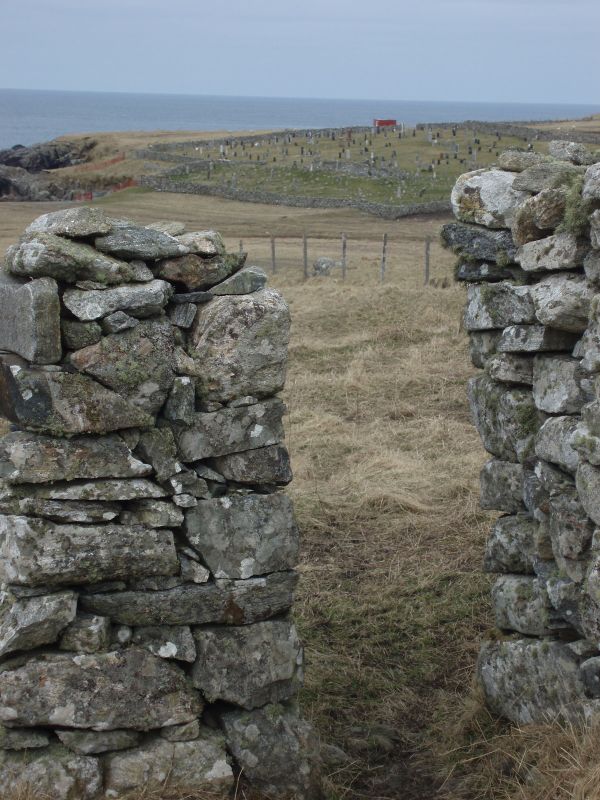Coming home has a special meaning in these islands. Anyone coming to Lewis, e.g., is said to be coming home. Even if their actual home is elsewhere, even if they have no connection to the island. The expression encompasses more than just arriving in the island, it denotes a spiritual connection, one that the islanders themselves feel very strongly, particularly when away. They experience what in Gaelic is termed
cianalas. However, this longing transcends life itself. Many an islander who passes away on the mainland, or even outside the UK, will be brought back to these shores, where he or she was born, grew up, went to school, and left to go to university, college, work, raise family and live their lives. However, they always want to come back to their home soil, even in death.
Next week will see another instance, when the remains of one islander (I did not know him, only very indirectly) will be brought back on MV Loch Seaforth at lunchtime. The coffin will then be driven to a mission hall in Bragar, 15 miles north of Stornoway on the west coast of the island where a brief funeral service will be conducted. After that, the interment will take place at Bragar Cemetery. As in the case of all island cemeteries, that graveyard is located near the sea, looking out west over the Atlantic - for ever.

